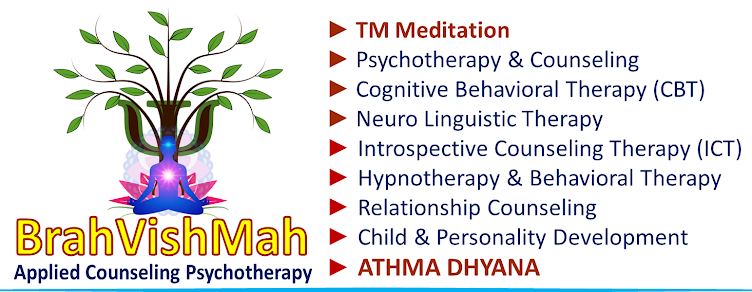SPD is a Cluster - A mental condition in which an individual encounters troubles with relationships and disturbances in thought patterns, appearance, and behavior. People with schizotypal personality disorder are uncomfortable with close relationships and may exhibit eccentric behavior. Speech may include digressions, odd use of words, or evidence of magical thinking, such as a belief in clairvoyance and bizarre fantasies.

Patients usually experience distorted thinking and avoid intimacy. They typically have few, if any, close friends, and feel nervous around strangers although they may marry and maintain jobs. The disorder, which may appear more frequently in males, surfaces by early adulthood and can exacerbate anxiety and depression.
Five or more symptoms for diagnosis
1. Ideas of reference (but not delusions of reference)
2. Odd beliefs or magical thinking (like the supernatural or special connection or bond to an abuser)
3. Unusual perceptional experiences (hearing a voice, dissociative experiences, illusions, etc.)
4. Odd thought and speech (like jumping from one topic to another)
5. Eccentric behavior and/or appearance
6. Paranoid ideation
7. Moods and facial expressions that don't match each other or the situation
8. Few to no close supports
9. Excessive social anxiety that remains even with familiar people
10. Suspiciousness or Paranoia
Clinical Causes
The cause of schizotypal personality disorder can be traced from Genetics, Abnormal or insecure childhood condition with or without being bullied. The environment can play a role in risk as well. The risk is higher for a child who experiences trauma, abuse, neglect, and high stress. There is an increased incidence among relatives of those with the condition, as well as those whose relatives are on the schizophrenia spectrum. The prenatal risk factors that apply to schizophrenia are also relevant to schizotypal personality disorder, including maternal exposure to certain viruses.
Sub-types
(1) Insipid schizotypal
Sense of strangeness and nonbeing; overtly drab, sluggish, inexpressive; internally bland, barren, indifferent, and insensitive; obscured, vague, and tangential thoughts.
(2) Timorous schizotypal
Warily apprehensive, watchful, suspicious, guarded, shrinking, deadens excess sensitivity; alienated from self and others; intentionally blocks, reverses, or disqualifies own thoughts.
Treatment
1. Some people may be helped by antipsychotic medications, but therapy is preferable for most individuals. Because the characteristics of this disorder cannot be fundamentally altered for those with moderate to extreme cases, therapy is often aimed at helping people with this disorder establish a satisfying solitary existence
2. Talk therapy and family therapy are two types of treatment that may help the patient manage this sometimes life-long disorder
3. Behavioral modification, a cognitive-behavioral treatment approach, can allow schizotypal personality disorder patients to remedy some of their bizarre thoughts and behaviors
4. Recognizing
abnormalities by watching videotapes and meeting with a therapist to improve
speech habits are two effective methods of treatment



No comments:
Post a Comment